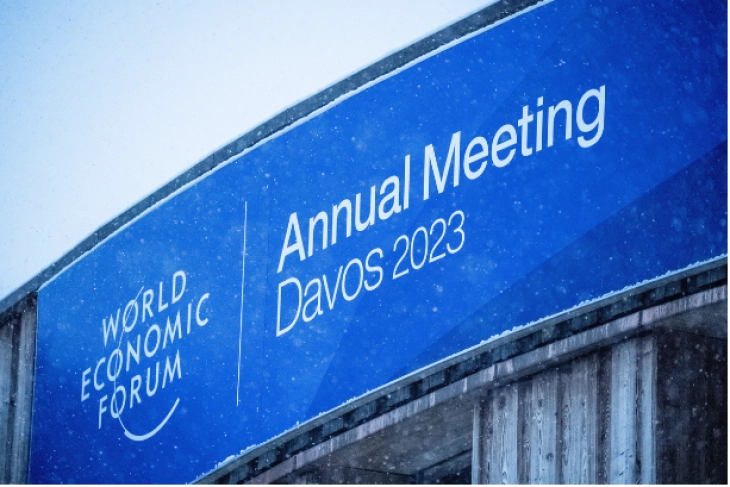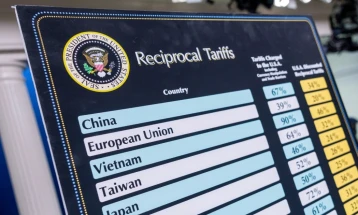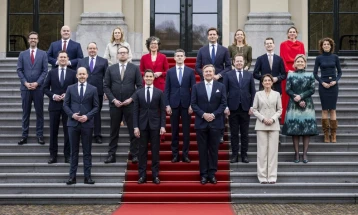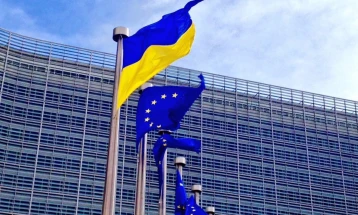Two-thirds of economists surveyed by Davos forum expect recession
- Global conflicts and monetary tightening by central banks will probably help tip the world economy into a recession in 2023, but inflation appears to have finally peaked, a survey of economis

Davos, Switzerland, 16 January 2023 (dpa/MIA) – Global conflicts and monetary tightening by central banks will probably help tip the world economy into a recession in 2023, but inflation appears to have finally peaked, a survey of economists by the World Economic Forum found.
Almost two-thirds of senior economists from the public and private sector believe a global recession is likely this year, of which 18% consider it extremely likely – a number that has doubled from the previous survey released in September.
One-third thought a worldwide recession could yet be avoided, but all thought that prospects for growth in Europe and the United States were “bleak.”
China’s prospects proved harder for respondents to come to a consensus on.
They were about split on whether the world’s second-largest economy would flourish after its harsh Covid-19 measures were abandoned, or if the resulting public health impact would mean more disruptions to industry and weak growth.
The survey was released on Monday, the first day of the annual World Economic Forum in Davos, Switzerland. The recent meetings of leaders from the worlds of business, finance and politics were dominated by the pandemic and the war in Ukraine.
This time it is the cost-of-living crisis hitting households and inflation’s impact on businesses, which face high borrowing costs and weaker consumer demand.
Still, the report says factors like rising interest rates, the smoothing of supply chains and easing demand pressures will moderate inflation in the coming months, if slowly. That is in line with other forecasts: The International Monetary Fund sees global inflation drifting down to 6.5% this year from 8.8% in 2022.
But some regions will remain hard hit. About 57% of those surveyed by Davos organizers expect inflation to remain high in Europe in 2023.







